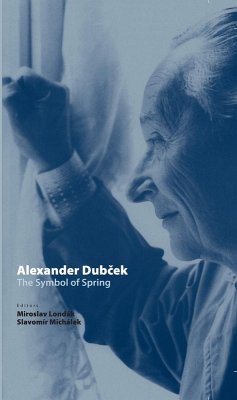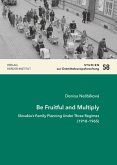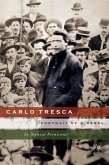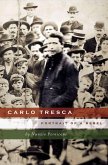The book presents a detailed biography of Alexander Dubcek, the icon of the "Czecho-Slovak Spring" in 1968. It aims to explain his decisions and intellectual development in the context of the turbulent development of the 20th century Central Europe. Dubck's importance went beyond Czechoslovak borders. His vision of the "socialism with the human face" secured him worldwide fame. At the end of the 1960s, he became a global symbol of the changes desired on both sides of the Iron Curtain. The short time of his leadership brought him and his country at the forefront of the global politics. The invasion of the Warsaw Pact into Czechoslovakia ended his political career and brought him 20 years of isolation. However, Dubck's popularity and infl uence in the European Left remained unchanged.
Bitte wählen Sie Ihr Anliegen aus.
Rechnungen
Retourenschein anfordern
Bestellstatus
Storno








